What Really Happened?
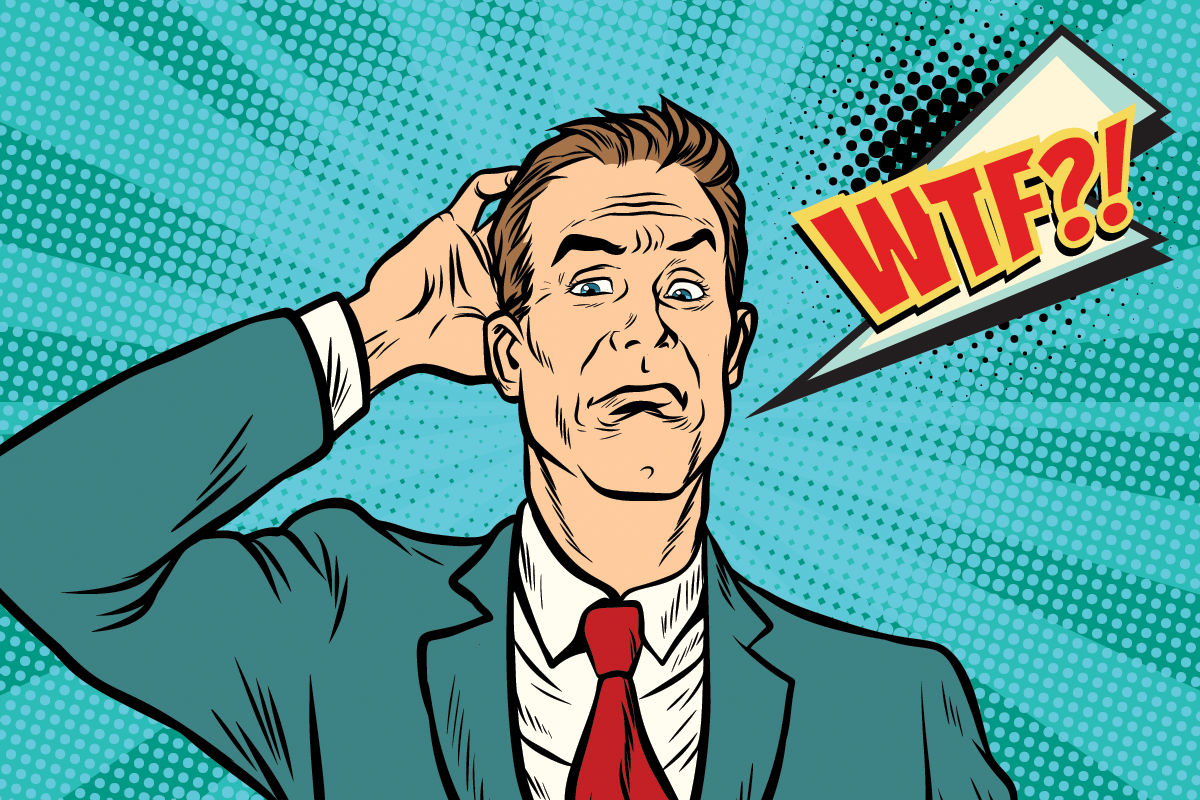
This will be a purposely confusing post. This won’t come to a specific point, rather we will be taking some common ideas and taking them apart to see just how flimsy they are. Looking at things from a different angle is very helpful, if only for the skill in doing so. You never know when your lateral thinking ability will come in handy. Most of the greatest scientists of all time (Newton, Einstein, etc.) had the ability to see things only slightly differently. That slightly different (and usually non-mathematical) viewpoint was the seed of their great discoveries.
None Of This Is True
Ok, that last sentence isn’t really true. But just try on some of these ideas (which are backed up by things that actually are true) and see how they feel. Kind of like trying on a pair of shoes or maybe a new racquetball glove or something. Just try on the following ideas, swish them around in your brain for a while, and see how might think differently with these temporarily resonating in your brain. If you don’t really like them, you can get rid of them (maybe like you get the water out of your ears) if you want. I won’t be offended.
General Relativity

For example, Einstein was looking out an office window at some window cleaners. He imagined what it would be like if they fell off. Most of us would wonder how it would feel like to splat against the ground. But Einstein wondered what the reason was behind the idea that while they were falling, due to gravity, they wouldn’t be experiencing that same gravity. This led him to the theory of General Relativity, the idea of warped space-time, black holes, and all kinds of there cool stuff.
Einstein Needed To Borrow Math From His Buddy
Einstein wasn’t the greatest student. He skipped a lot of classes. Most people know he came up with the theory of special relativity while working in a patent office. What most people don’t know is that the reason he was working in a patent office (and not a university or science lab) is because none of his college professors would write him a letter a recommendation, since he never came to class. He had to get the job through his friends dad. The same friend he turned to when he needed math to help expand his theories.
Einstein’s Genius Was Looking At The World Differently
Special relativity is fairly simple to understand (don’t worry we won’t go through it here!) But discovering it is not simple. Discovering something like special relativity, or rather thinking in way that allows one to discover it, is the real genius.
Most of us think the same thoughts every day. Which means we never discover anything new, since we’re always thinking the same things. And even those thoughts we are thinking are not ours. They were put in there by TV, politicians, religious leaders, teachers, and the general ideas flowing around in society generally accepted to be true.
Blast Open Your Brain
Thinking differently requires practice. So see this post as one of many to help see the world differently on purpose. No, we won’t be coming to some genius insights. Just see this as a mental exercise to expand your ability to think laterally when the need arises.
What Happened Yesterday?
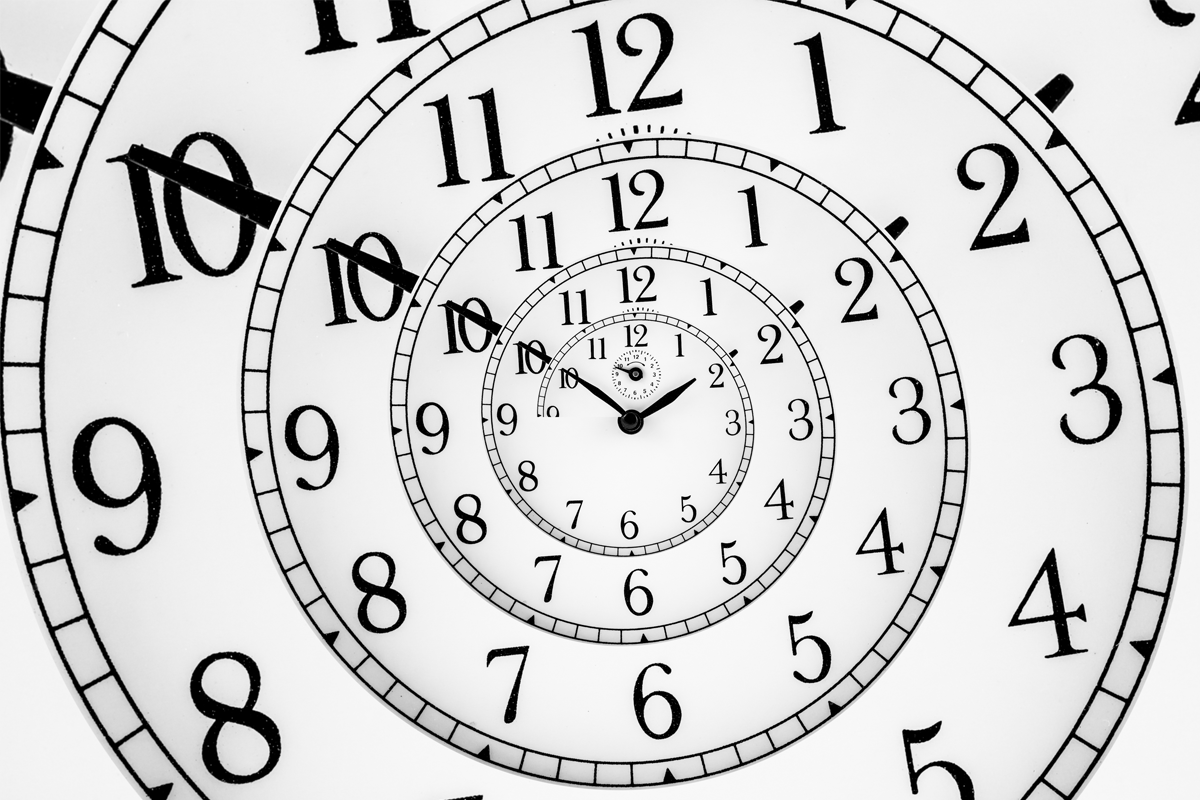
A famous experiment was done on memory. A professor was lecturing in front of his large class, in those auditorium style rooms. During the lecture, a thief ran in and stole his laptop. Of course, the thief wasn’t really a thief, he was just pretending to be one so they could test the students’ memory. After all, you would expect them to have a very good memory of what had just happened.
The whole reason they were in that room was to sit there, staring at the front of the room, and remember what was happening as best as they could. This is the whole point of college lectures. To sit and remember the stuff you see. This is different than, say, sitting on the grass and smoking a blunt. When you do that, you aren’t trying to remember anything. Just enjoying the sunshine and the girls or guys walking by.
But in a classroom? One would think you put yourself in a “I’m-going-to-remember-what-happens” state of mind. So when the thief ran into steal the bag, they figured the students should remember what he looked like, right? After all, they were staring RIGHT AT the place where the event happened, with their best, “I’m-going-to-remember-this” mindset, right?
Wait, Who Was That Guy?
The only problem was that nobody remembered anything about that guy! Some thought it was a white guy. Some thought it was a black guy. Some thought he was wearing a hoodie. Some thought he wasn’t. Some thought he had a beard, some didn’t.
Did You Get Straight A’s In School?
I didn’t either. But here’s the thing. In school, they tell us what to remember. Ever since elementary school. Here kid, here’s a list of events and dates, remember these, they’ll be on the test. And then we get a B. Even when we know EXACTLY what we are supposed to remember, most of us get B’s and C’s.
We Even Have Time!
We have a week, sometimes more, to learn that stuff we’re supposed to remember. And some of even TRY! Yet when the test comes, we flail around and get about 83%, if we’re lucky. If we’re even luckier, the teacher is grading on a curve and everybody else sucks as much as we do, and we get an A!
Why Do Teachers Grade On Curves?
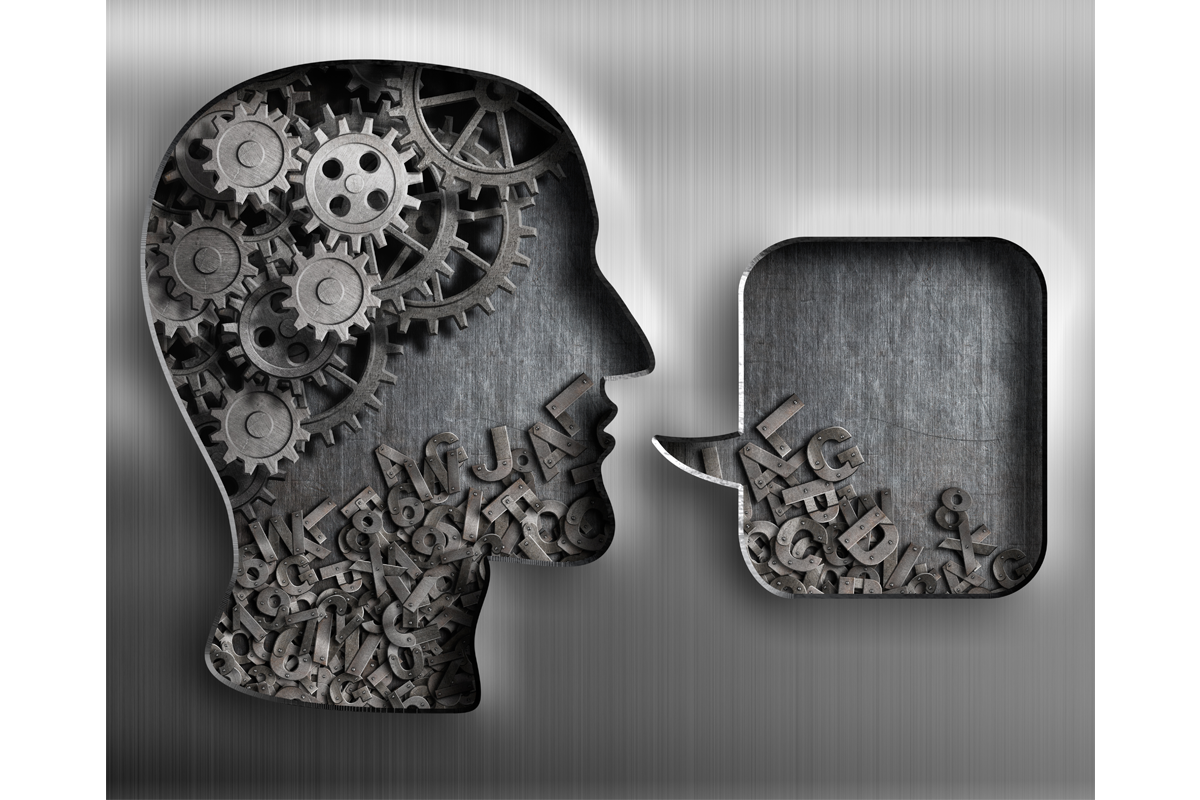
The answer is clear. If teachers didn’t grade on curves, their students would all get C’s and D’s instead of B’s and C’s and they would look like they suck as teachers. Since nobody wants to obviously suck at their job, teachers grade on curves because it inflates the grades of their students. OK, maybe we’re not being fair. Maybe their are forced to teach things to the poor students that are beyond their mental capacity. Maybe there’s another reason.
Can You Remember Everybody’s Name?
I can’t either. At least not unless I really try. There are plenty of tricks, but they all require you consciously use them. There is no memory trick that allows us to passively remember anything. Unless you make a conscious decision to remember somebody’s name, you won’t. Sure, some people are freaks of nature and can remember everything, but they are the exception to the rule.
Memory Requires Effort
It’s clear that memory of any kind (names, test subjects) requires effort. If you are going to remember somebody’s name, you need to practice how, and you need to remember to do it (which remembering to remember something). When we learn stuff in school, we have to try really hard to get a B. (Or a C if our teacher isn’t grading on a curve).
Nobody Remembers Unexpected Things
When somebody runs in and steals somebody’s laptop, we only remember the broad event. Nobody remembers what the guy looked like or even what he was wearing. Unless we really try, stuff that just happens all day long is like that guy stealing the laptop.
We Are Easily Tricked
Now here’s where it gets kind of squishy. That laptop thief wasn’t really a laptop thief. It’s unlikely that any of the students thought, “Hey, I bet that wasn’t a thief at all. I bet this is some crazy memory experiment!” Nobody remembered what the thief was wearing, only that a thief ran in and stole somebody’s laptop. Only he wasn’t a thief, and he didn’t steal anything. It was all a setup.
Who Are You?
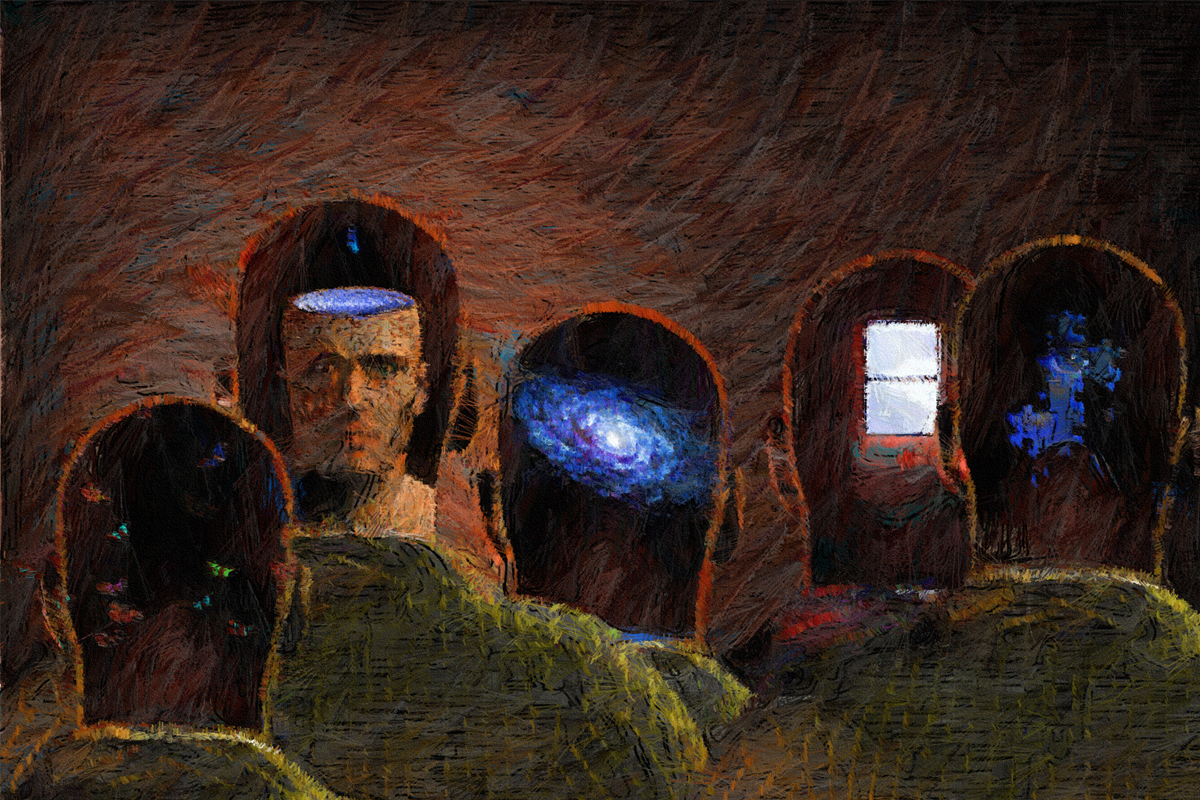
Seriously, besides your name and your job, who are you? How do you see yourself? How do you experience yourself? When you were born, you didn’t have any conscious awareness of yourself. Slowly you interacted with the world around you, and collected memories. Pretty soon you were a functioning human, able to take care of most of your needs. But what happened when you were back in third grade, when that one “thing” happened?
All Events In Life Are Like The Pretend Thief
We are constantly moving through time (or time is constantly moving through us). Most of the events that happen are just like when somebody gives us their name (and we forget it two seconds later) or an event happens. All other people experience the same stream of “events” from which we use to build our memories and our sense of self.
Visit Your Home Town
It’s common to have very fond childhood memories of places from our youth. Maybe a special park, or a special location or shop. But if we return to that place as adults, we notice it’s not nearly like we remembered it. It’s usually different somewhat.
We Not Only Observe – We Interpret
Every tiny slice of reality we move through is not only observed, it’s interpreted. People gave a meaning to the guy stealing the laptop. To one student, it might have been an example of the continued destruction of society. To another student, it could represent how the underclass is finally striking back at their oppressors. Those meanings of those events will change over time.
Our Memories Are Observations and Interpretations
All our memories are made up of these poorly observed events, which have meaning given to them, usually instantly, but slowly evolve over time. How you think about your fourth grade teacher today is much different than how you thought about them on the first day of fourth grade, or the first time she called on you and you didn’t know the answer.
What Is History?

Here’s the basic structure of how a bunch of “events” end up history books and then are taught to young people. Something important happened. A bunch of people were there when it happened. Or something happened and nobody was there, but then a bunch of people later found some evidence that something happened. Let’s look at the first case. Where something happened, and a bunch of people were there when it happened.
What Happened?
The only way to figure out what happened is to ask all the people. Remember, most of history happened before there was NSA cameras everywhere recording everything. Most history comes from eyewitness testimony, those dudes that were around when something happened. Something happens, and somebody decides to talk to a bunch of those witnesses to put together an idea of what happened.
The Official Story
Eventually, this random collection of events is turned into the “official story” of what happened. Right off the bat, we can see the problem with this. The famous movie Rashomon was about one event. But this one event was seen and interpreted differently by everybody that saw it. Of course, this was a movie, so the writers made each person’s viewpoint as different as possible to make for an interesting story.
Who Decides What The Official Story Is?
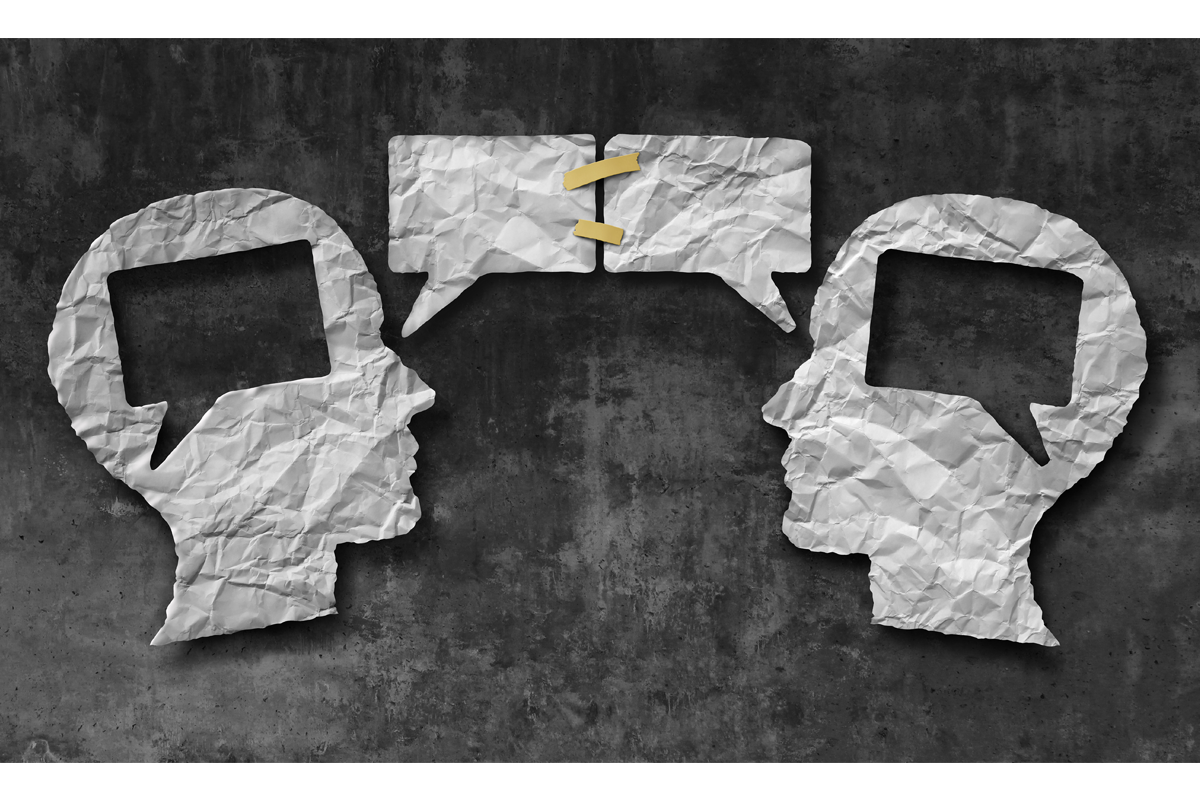
Here’s where it gets a little complicated. Imagine if you wanted to start a business. A business of recording historical events for posterity. You needed to interview people whenever important things happened, and you would report events to the general population. Since this was a business, you would need to get paid. So you would sell these event descriptions to people. Hey, wait a minute! Doesn’t this job sort of exist? Oh yes, yes it does. This is the job of the news media!
How Accurate Is Current News Media?
Don’t worry, I’m not going to answer this with any political ideas or recent events. We don’t need to. See, even old newspapers didn’t make nearly enough money just selling these news events (which they call news “stories” which should already make us suspicious!). They had to fill these news events with advertising. Without advertising, nobody would make any money selling descriptions of events.
Instant Bias
So right off the bat, we can see where some bias might come in. The newspapers (old ones and modern websites) make their money from advertisers. So we can be pretty sure that they wouldn’t put anything in their news stories that made their advertisers look bad.
What If They Are Wrong?
Some people believe that there are humans who do the right thing just because it is the right thing. But consider this. Suppose there was a clever and unscrupulous newspaper man, who wanted to increase the circulation of his news stories. More readers means more money. Suppose he didn’t make stuff up, but he only included the eyewitness testimony from people who made it seem interesting.
Imaginary Thief Experiment

Just for the sake of argument, let’s say the laptop thief was really a laptop thief, and not some goof doing an experiment. Let’s say our unscrupulous reporter interviewed all twenty students. One of them was up late the night before and fell asleep during class. When the theft happened, he was dreaming about vampires. He woke up, and saw the guy running out of the classroom. Suppose the interview went like this:
So, what did the guy look like?
I don’t know, man, really creepy.
He looked really creepy? How was he creepy?
He was really pale, and had long teeth.
You’re saying the thief was pale with long teeth? Was he a vampire?
Yes, that’s it! He was a vampire!
There it is. Front page has the student’s picture. Has his quote in the headline:
Laptop Thief Reportedly a Vampire!
Is this a lie? Not at all. Even if it was, if you are a newspaper man and you make stuff up, you only get in trouble if you tell lies about people in general. But if you are careful with your words, you can say anything you want about anybody you want.
So This Is About Tabloid Journalism Then?
That was just one example of how somebody can take one event, and purposely misconstrue it for their own purposes. We’ve already established that there is no money to be made by telling the news exactly as it happened. Even those honest folks require advertising to survive.
What About Governments? Aren’t They Honest?

Ok, suppose some government guy decides there should be an office for truth and honesty. (Stop laughing! This is serious business!) And suppose they send out reporters, or historians, throughout the world to collect data and keep an honest recording of events for posterity. How likely is this?
All Governments Need The Consent Of The People
Here’s an interesting take on a allegedly “patriotic” quote from one of the founding fathers. Thomas Jefferson said, (and I’m paraphrasing) that the tree of liberty must be fed by the blood of patriots and tyrants alike. Now many see this as a forward looking recommendation, similar to Benjamin Franklin’s statement about the Republic. (What kind of government do we have? A republic, if you can keep it.) This may only be partially true. Jefferson lived in the 1700’s. Which meant he didn’t pull that quote out of thin air.
He also was looking back over the course of history in Europe. And what generally happened was this. One guy and his family had all the power. And they kept it for a while. Sometimes they had peaceful transitions of power. But most the time, the transitions of power happened because the guy in charge got greedy, and his family (or the rabble) ganged up on him and killed him.
Even before democracy was established, governments knew that if they messed up too much, they would be murdered by gangs of angry people. So governments always had a healthy fear of the people. This makes it kind of hard to believe that any government, at any time, would actually have a department of history that would be completely honest.
Where Are We Know?
Let’s think of where we are, and think of the path that any “data” has to make before it gets to our brains in the form of the “official story” of what happened. Here are some summary points.
Human Memory Sucks

When human see something that was unexpected, we don’t remember it very well. Only that something happened. What the details are is anybody’s guess.
All Data Reporting Sources Are Biased
In the very least, private news sources are biased in favor of their advertisers. They are also biased in favor of generating more readers. So any data that comes through them, to us, is going to be very filtered. If there is one event with many witnesses, we will only hear the event described by the witnesses that will resonate with the news source’s biases.
Governments that report data in any way are going to report it that favors themselves. They will be less likely to report news (however they report news, both ancient governments and modern governments) that makes them look bad, and more likely to report news that makes them look good.
What Really Happened?
Let this sink in for a minute. Every single thing that we know of that happened when we were not present, (which is pretty much every single thing that we think of when we think of current and historical events) was first recalled by normal people who didn’t expect it to happen, and therefore didn’t likely remember it very accurately.
Then those poorly remembered events were further shaped by the biases of the reporting agency, be they modern newspapers, or ancient historians that went along with troops on conquests.
How Much Do We Really Know About What Happened?
Not much! The stuff we do know is heavily edited, filtered and rewritten based on those who had power at the time when the story was reported and made it’s way into the history books. I’ve personally had a few experiences of being at an “event” and then later seeing that “event” written about in the news. My memories of what happened and what I read in the news were vastly different accounts.
What To Do?
This, of course, will never change. This is simply human nature. We are all biased, and we all tend to believe in and propagate stories that validate our biases. It’s the human condition. It’s not good, it’s not bad, it’s just how we humans operate. But perhaps by now, you may not believe everything you hear, regardless of the source, as the gospel truth. Perhaps you will take everything now with a grain of salt, and realize that all ideas can stand some updating and review to see if they deserve to be in your brain.
Learn More
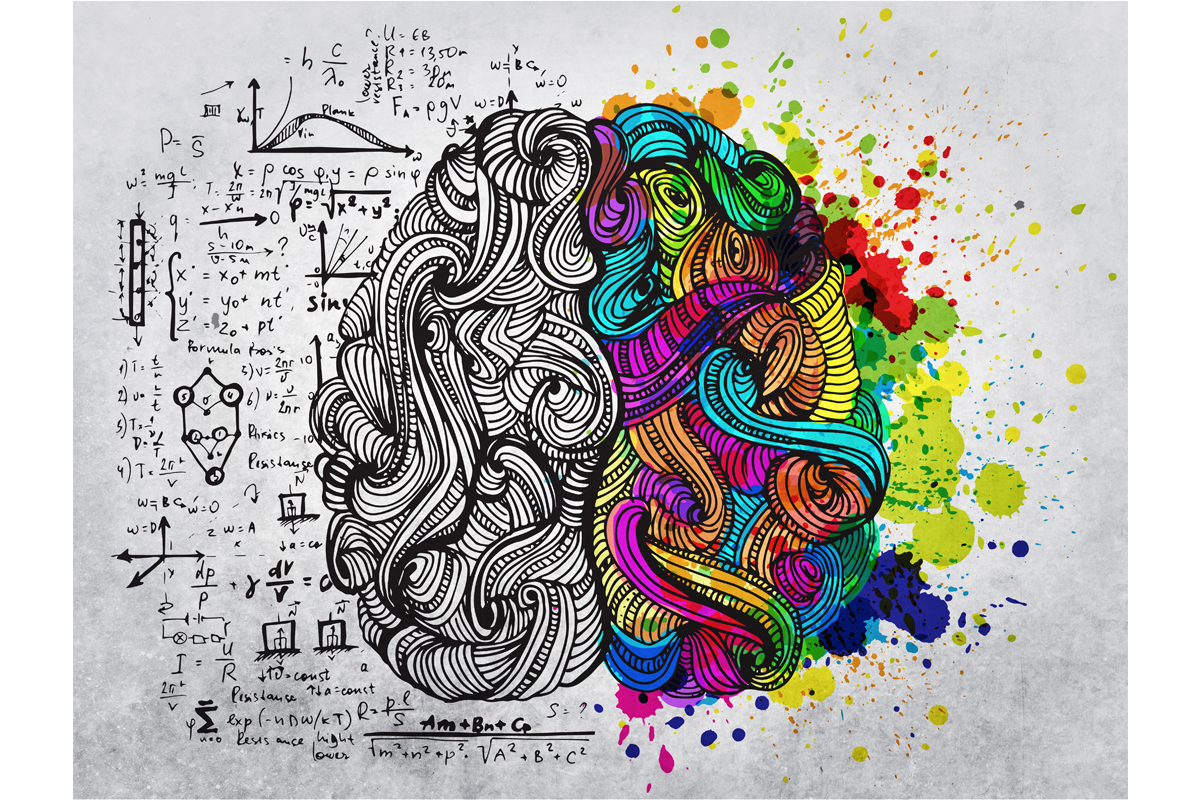
Mind Persuasion has a lot of courses and books to help you operate more effectively within the world to more easily get whatever you want.
Mind Persuasion Books
Mind Persuasion Courses